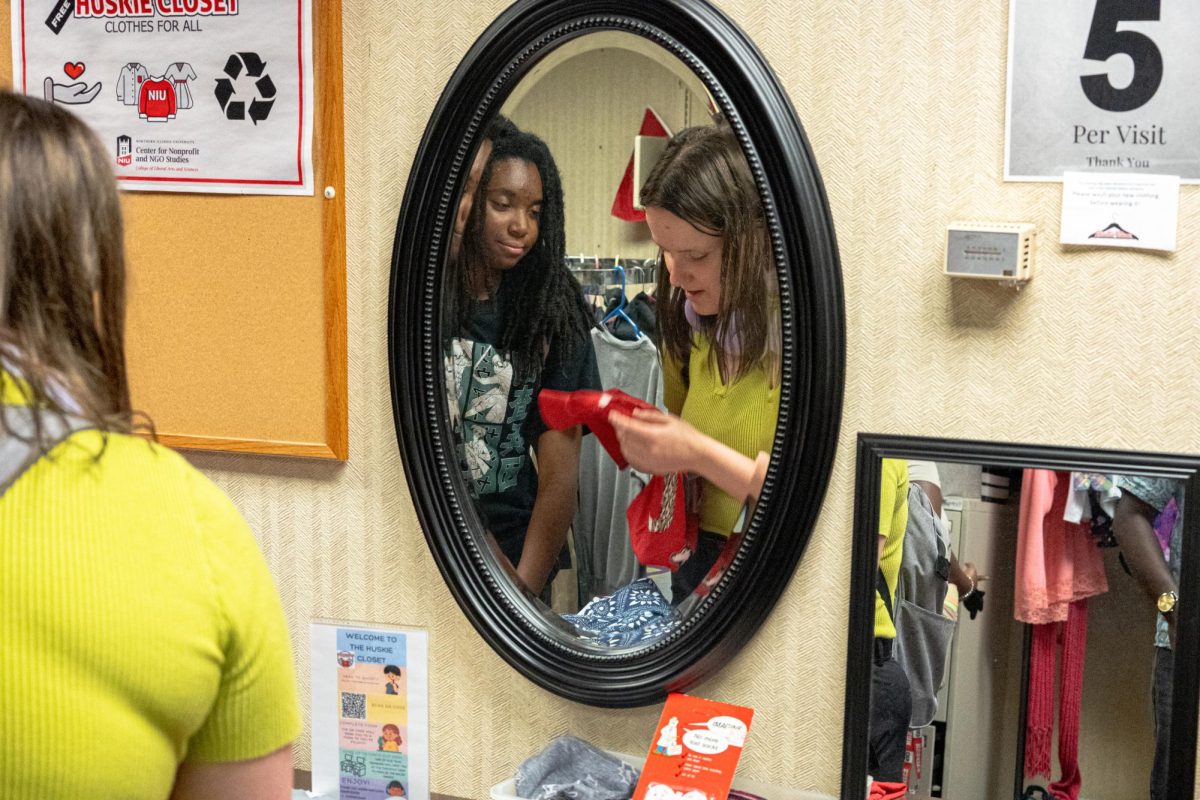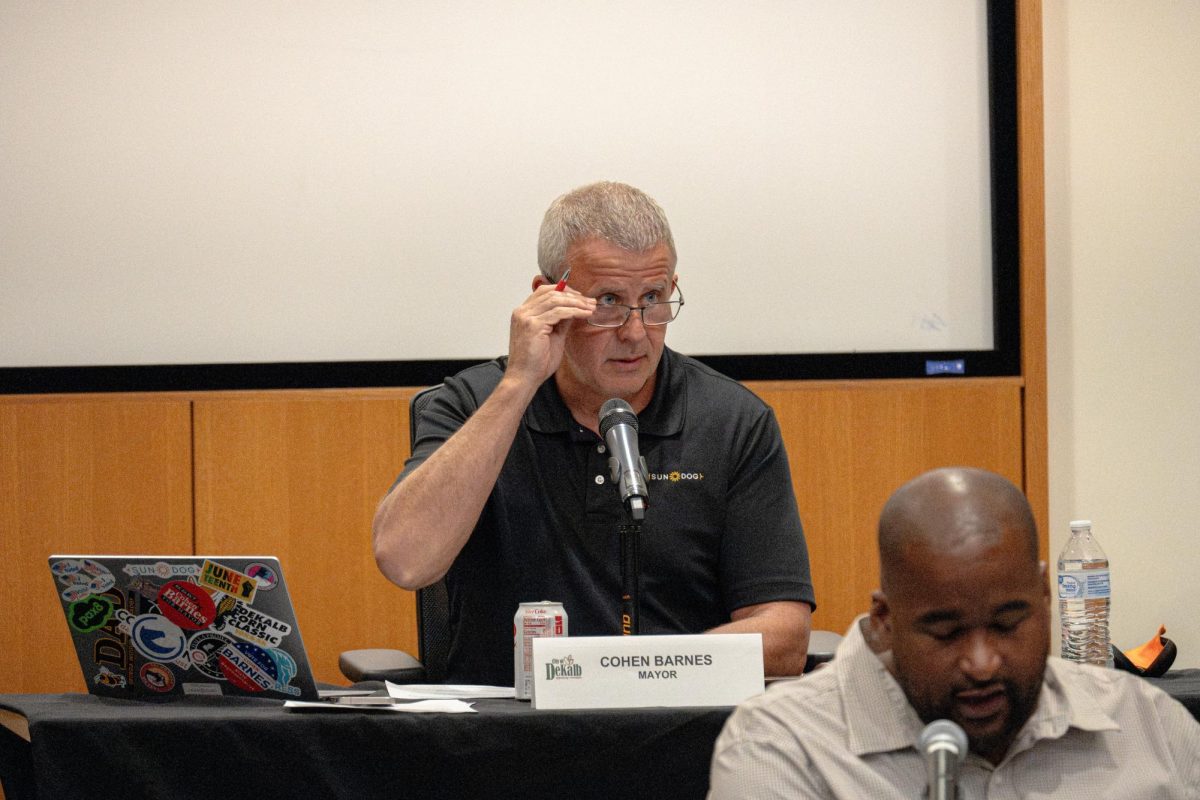DeKALB – NIU has not met the goal to buy 30% of its goods and services from minority owned businesses in accordance with a state policy aimed to promote economic development for marginalized groups.
The Illinois Business Enterprise Program, established in 1984, is an initiative that aims to support the economic development of businesses which are minority owned, women-owned or owned by people with disabilities.
Illinois has an aspirational goal for all Illinois state universities to buy 30% of goods and services from BEP-certified businesses. As of the end of fiscal year 2023, NIU has achieved 19.6% of that goal. To compare, Illinois State University achieved 5.4%. The University of Illinois Urbana-Champaign campus achieved 9.2%. Southern Illinois University achieved 19.3% in FY23.
BEP-certified businesses are certified by the Illinois Commission on Equity and Inclusion, and businesses wishing to become BEP-certified must meet certain requirements. First, 51% of ownership or control must be from a minority, woman or person with a disability. Second, the owner must be a citizen or a lawful permanent resident of the United States and have annual gross sales of less than $150 million according to the CEI.
Antoinette Bridges, the executive director of Procurement Services and Contract Management, said the commitment to buy 30% of goods from BEP-certified business is aspirational and affected by factors such as there being so little specialized vendors for NIU to buy from.
“There are very few BEP vendors registered as publishers or distributors of textbooks, software, specialized scientific equipment categories, which comprise a large expense for the university.” Bridges said. “However, NIU has continued to advance its efforts toward the aspirational goal.”
In the past three fiscal years NIU has been improving in reaching the 30% goal. According to Bridges, In FY21, NIU achieved 6.2%, FY22 saw 18.4% and FY23 saw 19.6%.
Bridges also said she focuses on monetary growth instead of the percentage NIU has seen successful in its commitment to diversity.
“In FY21 NIU had $2,577,385 in BEP spending, in FY22 the amount grew to $6,769,859 and in FY23 the amount was $8,803,635. NIU is proud of the success in substantially increasing our BEP Achievement, our commitment to diversity, and NIU was granted the Illinois Procurement Higher Education Cooperation Award for Commitment to Diversity for Fiscal Year 2022,” Bridges said.
In FY21, the BEP goal was 20% instead of 30%.
George Middlemist, vice president and chief financial officer, said there aren’t any consequences to not meeting the BEP goal they are aware of.
“We’ve never experienced that (consequences for not meeting the 30% goal). We testified before the (state) legislature at the appropriations hearing,” Middlemist said. “There was actually a special hearing about this time last year around with universities on BEP and what we were doing, and how we were trying to achieve those goals. And so there is accountability, in essence, where we’re reporting to the legislature and to elected officials and then answering to ourselves.”
Bridges attributed the long and complicated BEP certification process as an obstacle for attaining the 30% goal. Vendors have to register themselves to be approved and there are probably over 10,000 National Institute of Governmental Purchasing codes, a system used to classify products and services purchased by state and local governments, waiting to be fulfilled from the CEI, according to Bridges.
“Vendors register themselves in their particular commodity or service, and so they’re assigned codes. And so we find some of the examples that I gave you is with the textbooks that they’re not a lot of publishers out there that would be in that space. That’s a big expense for the university. There aren’t a lot of, sort of specialized software, Adobe and things like that in those particular spaces. And so that’s what I mean by that, there’s a limited number of available BEP vendors,” Bridges said.




















